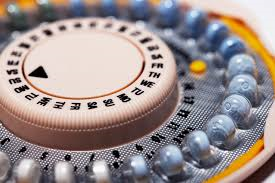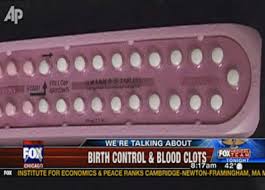 Since its introduction in the 1960s, the oral contraceptive pill (OCP) has been linked to an increased risk of blood clots.
Since its introduction in the 1960s, the oral contraceptive pill (OCP) has been linked to an increased risk of blood clots.
Now a Danish literature review confirms what has been suspected for years: that the so-called fourth-generation OCP doubles the risk of blood clots compared to second-generation OCPs.
The review was conducted by a medical student and a doctor at Aarhus  University Hospital’s Department of Clinical Pharmacology.
University Hospital’s Department of Clinical Pharmacology.
They have gathered all the literature in the field and assessed its quality. This has enabled them to say with a high degree of certainty that the fourth-generation OCP is more dangerous in terms of an increased risk of blood clots than the second-generation OCP.
On the one hand, the blood has to flow freely in the veins, but on the other  hand, it should also stop a bleeding in case of an injury. It’s a delicate balance. OCPs alter this balance so that the blood will clot more easily, and thereby increases the risk of blood clots.
hand, it should also stop a bleeding in case of an injury. It’s a delicate balance. OCPs alter this balance so that the blood will clot more easily, and thereby increases the risk of blood clots.
The study primarily consisted of a comparison of the two generations of pills, but the researchers recommend that people should, whenever possible, stick to the second generation pills.
The problem with contraceptives is that they contain the synthetic estrogen-like hormone Ethinyl estradiol.This hormone increases the risk of blood clots because it increases the formation of clotting factors in the blood.
Source: ScienceNordic
